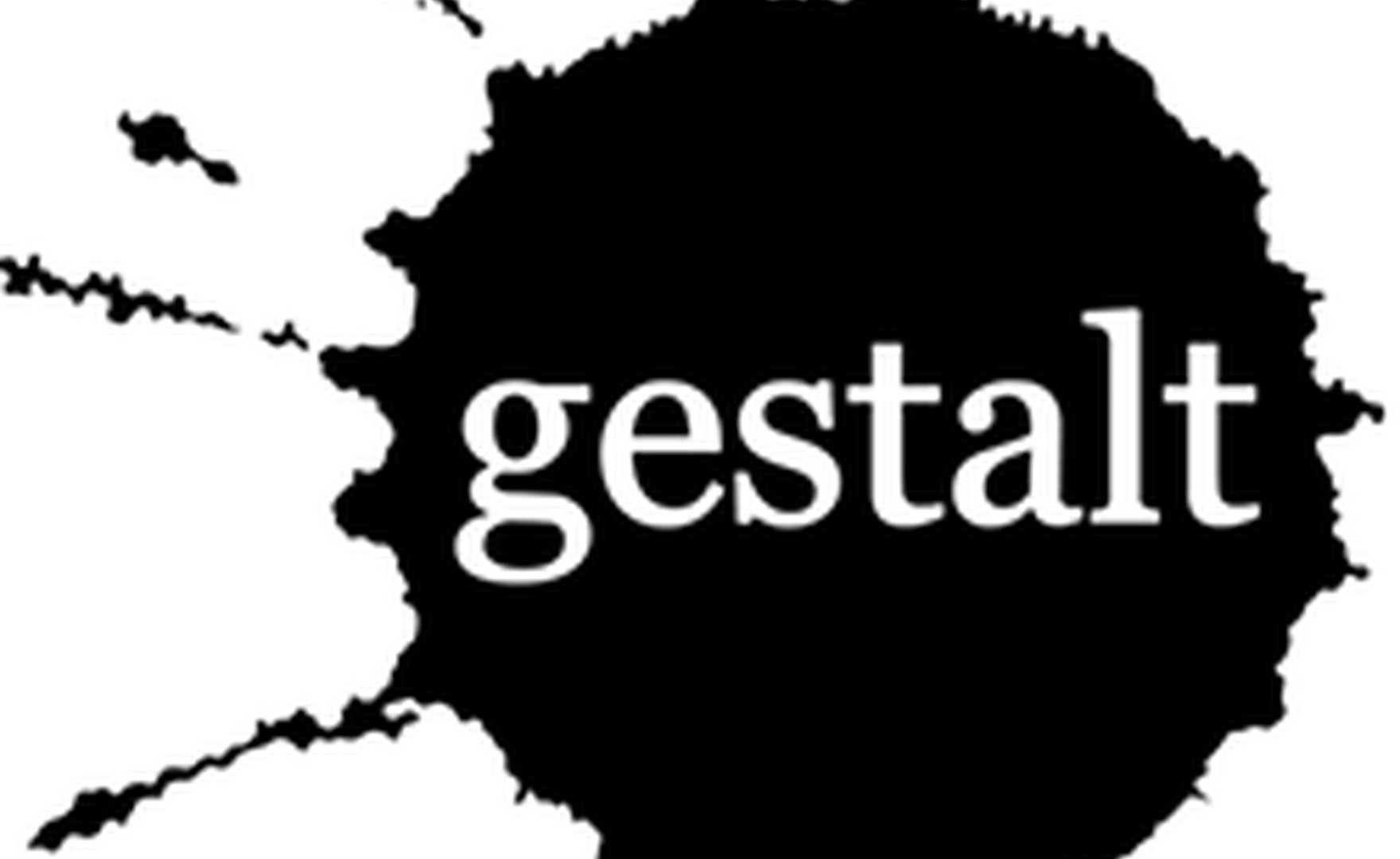Article
The myth of the perfect question - moving beyond powerful questions in coaching
18th September 2023 by George Warren
I just need to work on that list of perfect questions, offered a coach in a recent mentor coaching session.

The German word ‘gestalt’ has no exact English translation, but means something like ‘whole’, ‘complete’ or ‘pattern’. In this article, Gestalt, with a capital G, is used as a title for the approach or method of coaching. When used with a lower-case g, it is a descriptive noun – ‘a gestalt’ meaning whole or complete.
The early Gestalt psychologists, Wertheimer, Kohler and Koffka, were concerned with perception. They concluded that we are hard-wired to recognise a whole meaningful pattern (gestalt) rather than see individual constituent parts from the vast array of data and stimuli available. So we see a picture rather than a group of separate objects on a canvas. We hear a tune rather than the individual notes. We recognise a face and don’t pay attention to the detail. We don’t first see the eyes, nose and mouth individually, then put them together and deduce that it is a face.
In fact, it is hard to identify a familiar face if you can only see the eyes, a nose or a mouth on its own, unless you know each detail intimately. The face, tune or picture is the gestalt – the complete, identifiable whole. In order to create these identifiable units or gestalts, we have to fill in gaps. So we would describe the image below as a circle even though it is technically incomplete.
The image is experienced as integrated, whole or closed. We compensate for the gaps to make sense of a picture, whenever and wherever possible and to make the picture regular and simple. This concept also applies to cognitive and emotional experiences. We are compelled to ‘complete the picture’ of an experience, and to complete it in as regular, balanced and simple a way as possible. We need closure in any interaction in order for it to be satisfying and complete.
If I pose the age old joke ‘Why did the chicken cross the road?’, you try to complete it given the versions you know. Notice your reaction when I say ‘The answer is at the end of this book’. An interest has been stimulated but is unfinished, resulting in mild frustration – the impact of an incomplete gestalt. Similarly, if you have felt aggrieved, you harbour a grudge. When you sort it out, the incident is finished and the gestalt is complete.

The Gestalt approach is concerned with the whole person, encouraging a balance between body, feeling, intellect and imagination. It also embodies the idea that we are inextricably linked with our ‘whole’ environments, both affecting and being affected by the context in which we live.
If we take the stance that our coachees are driven to solve their problems, to make sense of their dilemmas and form complete, regular and simple gestalts, then our focus as coaches is on facilitating that completion. This fits well with the fundamental coaching principle, that it is the coachee who is responsible for the outcome, not the coach. In this book, we aim to help you understand Gestalt philosophy as it applies to coaching and to inspire you to experiment with the ideas.
It’s not a manual of ‘Gestalt style’ tools with clearly defined action steps from 1 to 12 that you must learn by rote, practise and apply. We want to help you tap into your creativity, intuition and experience, based on an understanding of the philosophy and theory. Each intervention you make as a coach can then be fresh and alive. Each session is an experiment.
This is an excerpt from my new book "The Fertile Void - Gestalt Coaching at Work", available now through the AoEC Press. Buy it now on Amazon.
Article
18th September 2023 by George Warren
I just need to work on that list of perfect questions, offered a coach in a recent mentor coaching session.
Interview
28th September 2022 by Lee Robertson
Julianna Czifra is a work and organisational psychologist, internationally certified business coach (ICF PCC), and a licensed workplace mediator. Based…
Article
22nd February 2022 by John Leary-Joyce
Traditionally we feel compelled to ‘make it better’, to move quickly to ‘fix it’ - jump in with powerful questions…